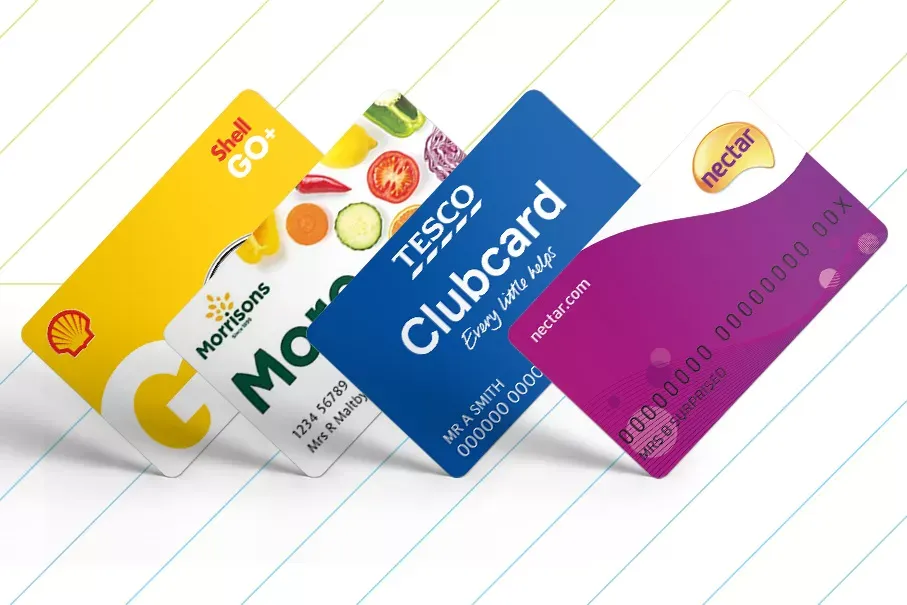19/07/2016

Are your drivers properly covered for driving abroad? If your staff are taking company cars or vans across the Channel, they may assume their insurance already covers breakdown, recovery, and accidents. This may not be the case. It’s important to know exactly what your fleet is covered for before it travels—as improper cover can lead to hefty fines and vehicle repatriation fees. It’s also essential to know the basics of driving abroad, and to prepare by researching country-specific road rules.
Dos and don'ts of driving abroad
Do drive with extra caution. You are likely to be driving on an unfamiliar side of the road, and sharing the roads with locals who have different driving habits to you.
Don’t drink and drive. Even a little drink could be too much for the law in some countries. Many countries have blood-alcohol limits far lower than the UK, and some will not tolerate any blood alcohol at all.
Prepare your fleet for travelling abroad
Safe travelling abroad means preparing your fleet—both physically, with maintenance and safety checks, and legally. It’s vital to ensure your insurance covers drivers and vehicles for operation abroad, and to update the relevant policies if cover is insufficient. But insurance cover isn’t the only legal requirement you’ll have to answer.
Many countries forbid the use of radar detectors, and some also ban the use of GPS functions that warn drivers about fixed speed cameras. It’s safest to disable the PoI function for ‘fixed speed cameras’ before you set off.
Some countries require your drivers to carry a Green Card, which provides proof that minimum insurance conditions have been met. Research your destinations in advance, and make arrangements to have Green Cards issued if this is the case for your trip (see also International Driving Permit, in ‘the essential fleet driver’s travel pack’ section of this article).
Research the driving laws of the country or countries to which your drivers will be travelling. From which side of the road you drive on to noise restrictions in built-up areas, it’s all information you need to know before you go—not after you’ve been stopped by the local police.
Perform a full service on vehicles before travelling. It’s also a good idea to research fuel prices, and plan refueling stops accordingly. If your route takes you through several countries, or runs parallel to a border, it may be worth making slight detours to fill up with cheaper diesel in a different country.
The essential fleet driver’s travel pack
What your drivers need varies depending on whether they’re driving leased vehicles or company-owned vehicles. The following is a list of the basics.
Letter of Authorisation and Vehicle on Hire certificate (VE103)—for leased vehicles. The Letter of Authorisation is provided by the leasing company, and usually takes 14 days to arrive, once you have applied for it. You can apply for a VE103 from the AA, the Fleet Transport Association, the British Rental Vehicle and Leasing Association, the Road Haulage Association, and the RAC.
V5C Vehicle Registration Certificate—for owned vehicles. If you have lost yours, apply for a replacement from the DVLA.
Your full, valid driving licence. Provisional licences are tied to the territory in which they were issued, and are not suitable for use abroad.
An International Driving Permit, if necessary for the countries in which you will be driving.
Your passport. Check for visa requirements on your route, and make sure that visas that must be applied for in advance have been received before you travel.
Certificate of insurance.
Headlamp beam convertors (which alter the path of your headlamps for driving on the right hand side of the road).
Warning triangle and hi-vis jacket. In some countries, these are legal requirements. To comply with laws in such countries, your reflective jackets must meet the EU Standard BS EN 471 : 1994 (either Class 1 or Class 2).
GB stickers. Even if your vehicle has Euro plates, some countries require the GB sticker. If you don’t display it, you could face a fine.
Are your drivers going abroad this summer? How have you prepared for the trip? Let us know on LinkedIn and Twitter.


